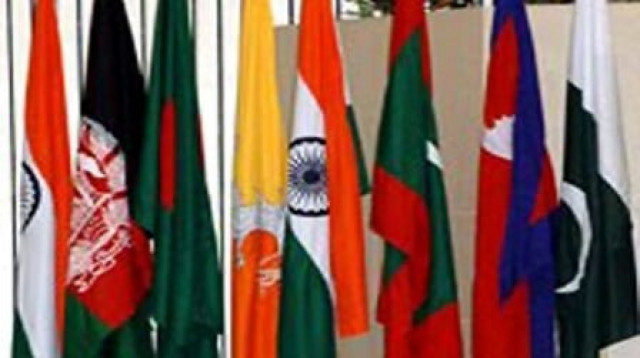South Asia: Those who do not have a satisfactory present find escape in the past: speakers
Speakers urge reworking history books to reflect facts rather than opinion.

This was stated by Dr Aslam Syed, professor for Islamic Studies, at the School for Asian and African Studies, Humboldt University in Berlin while concluding a three-day International History Conference on “Historiography on South Asia” at Quaid-i-Azam University, (QAU) Islamabad. The conference was organized by the QAU Department of History, Hanns Seidel Foundation and the Higher Education Commission (HEC).
Dr Aslam Syed gave a brief overview of history and divided the trends of history writing in Pakistan in different phases.
He asserted that it was a duty of the historians to bring forth unbiased facts and do social engineering, which is required to deradicalise Pakistani society.
“We need to set our facts straight and then interpret them. History as a social science should not manifest destiny. One should be very clear that humans were behind the various events,” he added.
While reiterating the need to live in the present, he said, “Those who do not have a satisfactory present find escape in the past”. He criticised irrational religious fanaticism and said, “Puritans cannot be pragmatics and pragmatics cannot be patriots.”
University of Peshawar Central Asia Area Study Centre Director Dr Sarfraz Khan presented his paper on A Brief History of Special Status of Fata and said that the British, in the border areas of British India that now comprise Fata, were present to protect and promote its imperial holdings in the area and beyond, and created this region with a ‘so called’ special status.
He added that during the last 62 years, Pakistan has been sustaining and reinforcing this special status for domestic and external reasons.
Explaining the external reasons for granting and perpetuating special status, he said they including imperial rivalries during the Great Game, Cold War, the Afghan War and the war on terror. The domestic reasons, he said, are curbing Pukhtun nationalism by promoting Islamism, destabilising neighbours, corruption and embezzlement of developmental funds.
Dr Sarfraz added that on the surface, this special status appears to be granting concessions, privileges and autonomy to the tribes. “However, a deeper analysis reveals that it has been mostly fulfilling the interests of the powerful domestic establishment and it’s even more powerful international allies, all in the name of defending, ‘national security’, ‘territorial integrity’, ‘national interest’, the ‘free world’, ‘faith’ and ‘modern civilization’.”
Dr Saeedudin Ahmed Dar stressed on the role and significance of ideology in shaping the identity of Pakistan. He said that without the two nation theory and ideology of Pakistan, the nation would cease to exist. Therefore, historians should remember the need for writing history in accordance with the ideology of Pakistan.
Dr Dushka H Sayed stressed the need to focus on people’s histories and to explore socio-cultural trends in Pakistan.
QAU History Department Chairperson Dr Razia Sultana thanked the scholars and said that the conference has been successful in projecting new research on the historiography of South Asia.
Published in The Express Tribune, October 31st, 2011.



















COMMENTS
Comments are moderated and generally will be posted if they are on-topic and not abusive.
For more information, please see our Comments FAQ